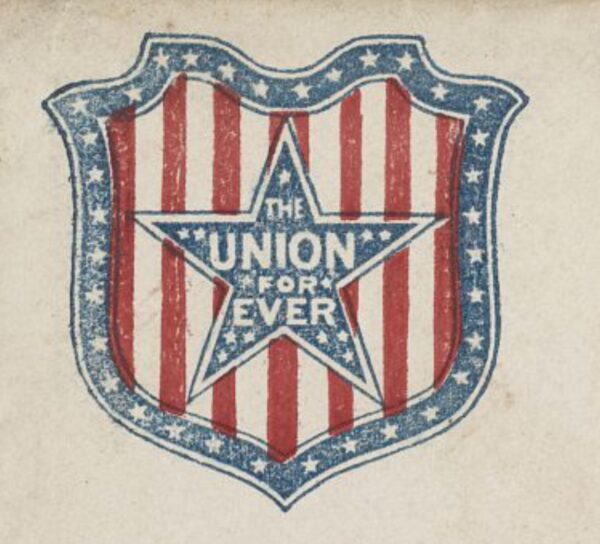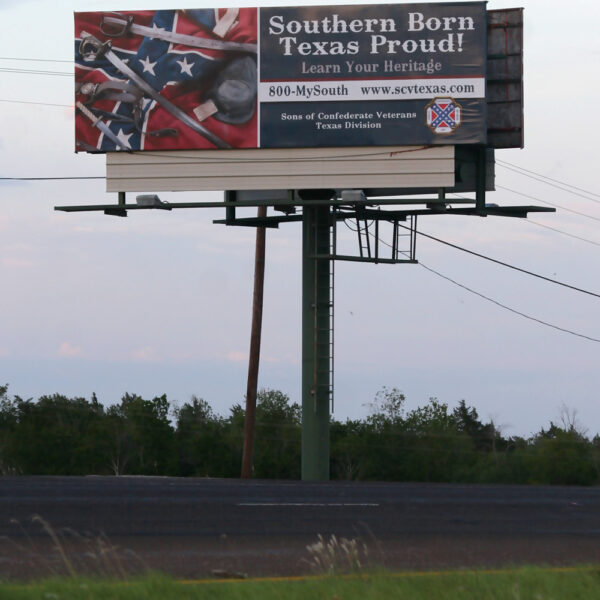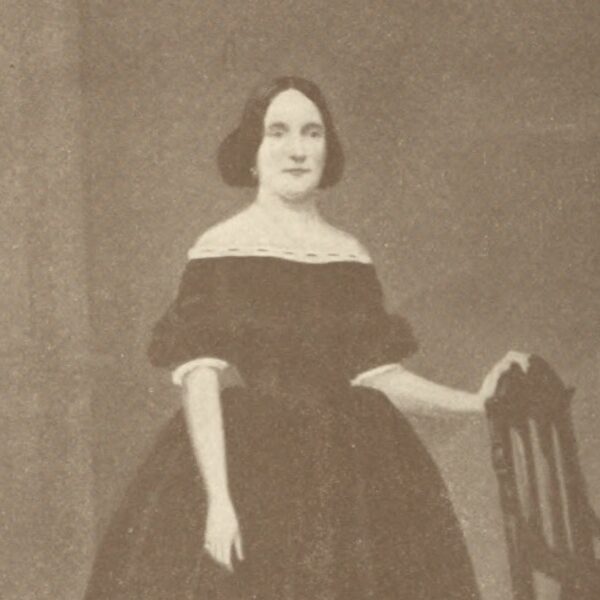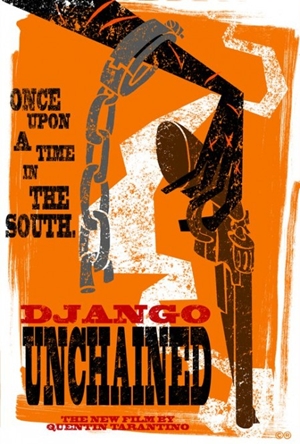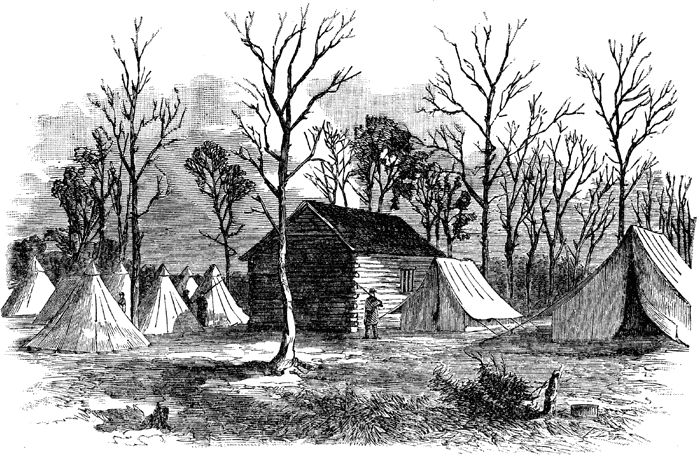
We close our Shiloh sesquicentennial celebration with Henry Morton Stanley’s recollection of the battle and the effectiveness of the legendary rebel yell.
After a steady exchange of musketry, which lasted some time, we heard the order: ‘Fix Bayonets! On the double-quick!’ in tones that thrilled us. There was a simultaneous bound forward, each soul doing his best for the emergency. The Federals appeared inclined to await us; but, at this juncture, our men raised a yell, thousands responded to it, and burst out into the wildest yelling it has ever been my lot to hear. It drove all sanity and order from among us. It served the double purpose of relieving pent-up feelings, and transmitting encouragement along the attacking line. I rejoiced in the shouting like the rest. It reminded me that there were about four hundred companies like the Dixie Greys, who shared our feelings. Most of us, engrossed with the musket-work, had forgotten the fact; but the wave after wave of human voices, louder than all other battle-sounds together, penetrated to every sense, and stimulated our energies to the utmost.
‘They fly!’ was echoed from lip to lip. It accelerated our pace, and filled us with a noble rage. Then I knew what the Berserker passion was! It deluged us with rapture, and transfigured each Southerner into an exulting victor. At such a moment, nothing could have halted us.
Those savage yells, and the sight of thousands of racing figures coming towards them, discomfited the blue-coats; and when we arrived upon the place where they had stood, they had vanished. Then we caught sight of their beautiful array of tents, before which they had made their stand, after being roused from their Sunday-morning sleep, and huddled into line, at hearing their pickets challenge our skirmishers. The half-dressed dead and wounded showed what a surprise our attack had been…
Our progress was not so continuously rapid as we desired, for the blues were obdurate; but at this moment we were gladdened at the sight of a battery galloping to our assistance. It was time for the nerve-shaking cannon to speak. After two rounds of shell and canister, we felt the pressure on us slightly relaxed; but we were still somewhat sluggish in disposition, though the officers’ voices rang out imperiously. Newton Story at this juncture strode forward rapidly with the Dixies’ banner, until he was quite sixty yards ahead of the foremost. Finding himself alone, he halted; and turning to us smilingly, said, ‘Why don’t you come on, boys?’ You see there is no danger!’ His smile and words acted on us like magic. We raised the yell, and sprang lightly and hopefully towards him. ‘Let’s give them hell, boys!’ said one. ‘Plug them plum-centre, every time!’
It was all very encouraging, for the yelling and shouting were taken up by thousands. ‘Forward, forward; don’t give them breathing time!’ was cried. We instinctively obeyed, and soon came in clear view of the blue-coats, who were scornfully unconcerned at first; but, seeing the leaping tide of men coming on at a tremendous pace, their front dissolved, and they fled in double-quick retreat. Again we felt the ‘glorious joy of heroes.’ It carried us on exultantly, rejoicing in the spirit which recognises nothing but the prey. We were no longer an army of soldiers, but so many school-boys racing; in which length of legs, wind, and condition tell.
Source: Stanley, Henry M. The Autobiography of Sir Henry Morton Stanley. Cambridge: Houghton Mifflin Company, 1911.
Image Credit: Coffin, Charles Carleton. Drum-Beat of the Nation. New York: Harper & Brothers, 1915.

